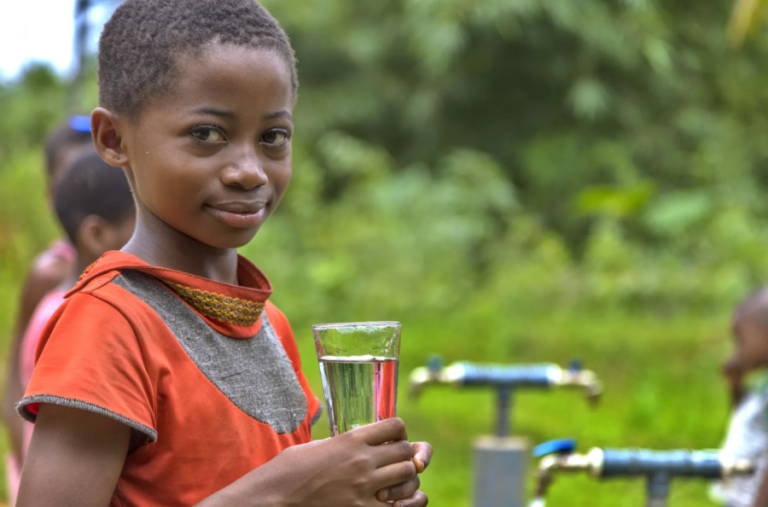The United Nations Children’s Fund (UNICEF) has reported concerns over the loss of 25% of annual investments in Nigeria’s water and sanitation sector.
This setback is attributed to inadequate operation and maintenance, coupled with infrastructure dysfunction, as revealed at the Nigeria/UNICEF Annual WASH Review Meeting in Abuja.
Dr Jane Bevan, UNICEF’s Chief of Water, Sanitation, and Hygiene (WASH) emphasized the alarming trend observed through critical analysis of WASHNORM and the Sector Wide Sustainability Checks (SWSC).
The UNICEF WASH program in Nigeria
- UNICEF’s WASH Programme Priorities for 2023 to 2027 include a focus on WASH sector financing, sustainability of infrastructure and services, capacity-building, and creating an enabling environment for WASH in institutions, with special attention to schools.
- Ending open defecation through the Clean Nigeria Campaign and addressing climate resilience in WASH efforts are also key priorities, spanning across various areas.
- Bevan stressed the need for cross-sectoral collaboration to fund WASH initiatives in schools and primary health care centers, advocating joint efforts between the Ministries of Education, Health, and Water and Sanitation.
- Strategies outlined by UNICEF involve capacity-building, creating an enabling environment for WASH, developing scalable models for operation and maintenance, implementing standardized policies and guidelines, and improving partnerships with the private sector to meet Sustainable Development Goal 6 (SDG 6).
- UNICEF commits to supporting the government in addressing sustainability factors and strengthening climate resilience in all program areas.
Mr Olabode Fashoyi, Deputy Director, WASH Collaboration and Partnerships, Federal Ministry of Water Resources and Sanitation, highlighted achievements in 2023, including the establishment of WASH departments in new local government areas and training 1,000 WASH committees for community awareness.
Looking ahead to 2024, initiatives such as water facility operation and maintenance strategy in selected states and new guidelines for drinking water monitoring have been launched.
Mrs Chizoma Opara, National Coordinator of the Clean Nigeria, Use The Toilet Campaign Programme, urged states to intensify efforts in achieving the National Open Defecation Free roadmap. While some states have shown progress, operational funding is crucial for effective monitoring to meet the 2025 target.

